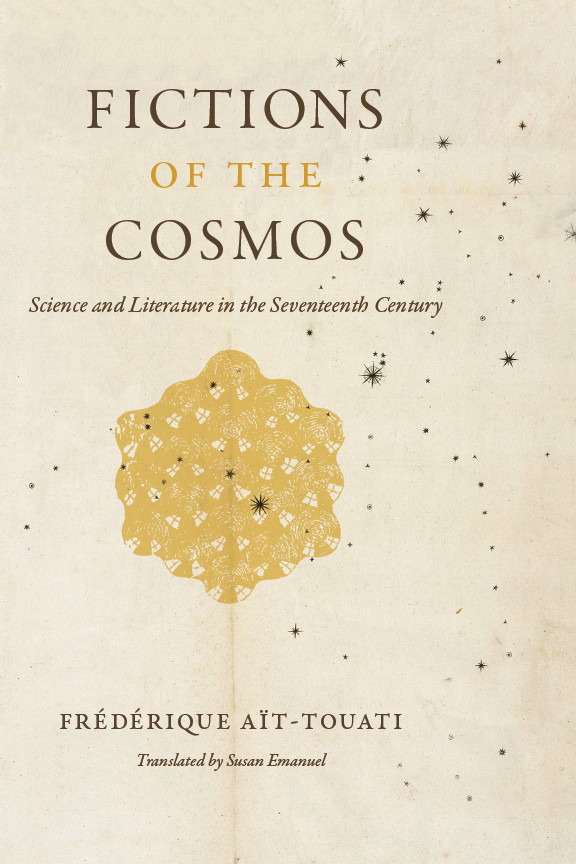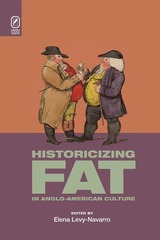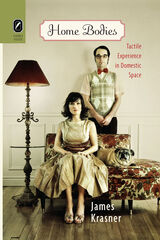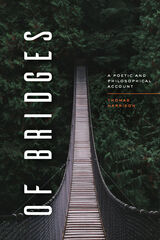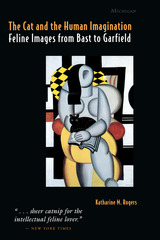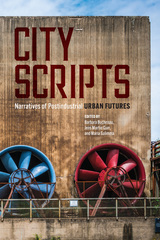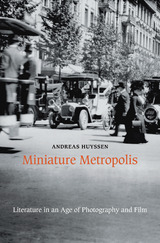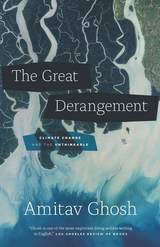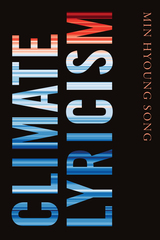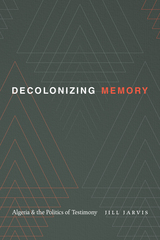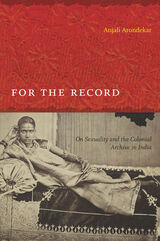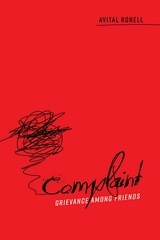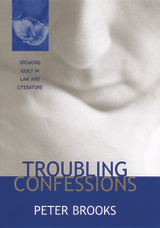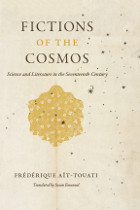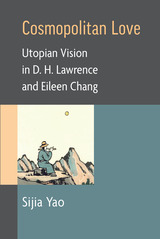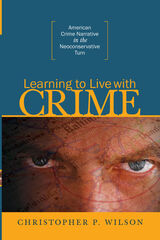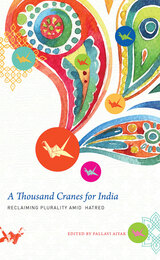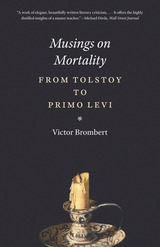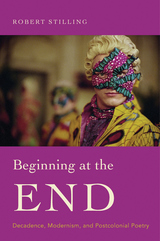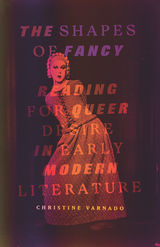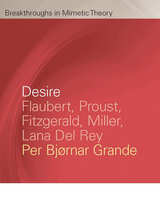“Many scientists fear that the association of the words ‘fact’ and ‘fiction’ weakens their claims to objectivity. They tend to forget that science and literature had to drink at the same sources long before they began to part company and started to pit imagination against reality. Only by going back to the origin of this long and sad divorce, as Frédérique Aït-Touati has so beautifully shown, it is possible to discover how much objectivity owes to the powers of the tale—not to weaken science, but to strengthen it.”
— Bruno Latour, Sciences Po Paris
“This witty and intelligent study of a wide range of writings about cosmos and travel in early modern Europe argues for a new model of the relation between literary and scientific imagination. The book shows in fascinating detail how an entirely new cosmology was sustained through remarkable feats of invention. It demonstrates the crucial relation between novel devices of astronomy and optics and equally subversive devices of fiction and rhetoric. This is an invaluable contribution both to Baroque literary history and to studies of the writing of the sciences. In her astute definition of a widespread ‘Copernican poetics,’ Aït-Touati sets out exciting and provocative theses about the transformation of travel stories and cosmological fantasy in a period of dramatic European crisis.”
— Simon Schaffer, University of Cambridge
“Fictions of the Cosmos is one of the most original and engrossing books to appear in ages from within the whole field of literature and science. What Frédérique Aït-Touati does is to put aside the merely analogical use of science by literary figures, and instead to examine the way natural philosophers and literary figures shared productive strategies about how to narrate the physical world. Drawing from the history of philosophy, classical literature, motifs, and rhetoric, she shows vividly how some of the key figures of the scientific revolution (among others, Kepler, Huygens, Hooke, and Margaret Cavendish) constructed their stories of nature. Fictions deepens our understanding of early modern science, showing how writing gave ontological weight and persuasive force to the universes evoked: micro-realities and cosmologies, instruments and voyages to other worlds. It is a remarkable book.”
— Peter Galison, Harvard University
“Aït-Touati’s arguments are adroit and ingenious. . . . Fictions of the Cosmos makes a persuasive case for the intertwining of science and literature in the seventeenth century.”
— Lawrence Lipking, New Republic
“This welcome translation . . . makes available in English a smartly learned study of texts involving lunar journeying, works in Latin, French, and English by, among others, Kepler, Galileo, Fontenelle, Huygens, Hooke, and Cavendish. . . . The volume will prove tonic for literary and scientific historians. . . . Highly recommended.”
— E. D. Hill, Mount Holyoke College, Choice
“Any student of literature and astronomy in the seventeenth century will need to consult Fictions of the cosmos, including its bibliography.”
— Dennis Danielson, University of British Columbia, Journal for the History of Astronomy
“[T]his splendid study offers a serious investigation of not just the common territory and shared strategies of what we would now term ‘science’ and ‘literature,’ but also of their inevitable efforts to distinguish themselves as autonomous discourses.”
— Eileen Reeves, Princeton University, Studies in History and Philosophy of Science
“Aït-Touati’s book will no doubt open up a treasure trove of seminal ideas about the relationship between literature and science that will considerably enrich their knowledge and appreciation.”
— Anthony J. DeSantis, University of South Florida, HOPOS
“[A] fascinating look at the seventeenth century in ways that will reveal new insights, even for scholars of the period.”
— Sun News Network
“Aït-Touati raises profound theoretical issues for literary scholars in particular, including, of course, literary scholars of the seventeenth century. . . . This book will be much discussed in years to come.”
— Elena Levy-Navarro, University of Wisconsin–Whitewater, Seventeenth-Century News
“A book as sweeping as the epic journeys from earth to moon and beyond that it traces from antiquity to the scientific revolution. . . . Fictions of the Cosmos is . . . a subtle literary history of a forgotten genre and a risk-taking, ambitious exercise in the history of science, one that sets out not simply to describe a paradigm shift in astronomical thinking but to sketch a revolution in the status of ‘fiction’ itself.”
— Henry S. Turner, Rutgers University, Configurations
“Fictions of the Cosmos makes an important contribution to the study of early modern science and literature by attending to the role of rhetoric in shaping the language and forms of scientific discourse as distinct from the ‘literary’ genres to which it was once closely related. Like Kepler’s lunar voyager, the reader of her book is transported to another world—that of seventeenth-century cosmology—in order to see both that world and the modern one with fresh eyes.”
— Jayne Elizabeth Archer, Aberystwith University, British Society for Literature and Science
“[D]eftly nuanced and finely controlled. . . . Fictions of the Cosmos is a model work for future interdisciplinary scholarship and a fascinating look into a period when scientific and literary imaginations formatively drew inspiration from the same sources as well as from each other.”
— MAKE
